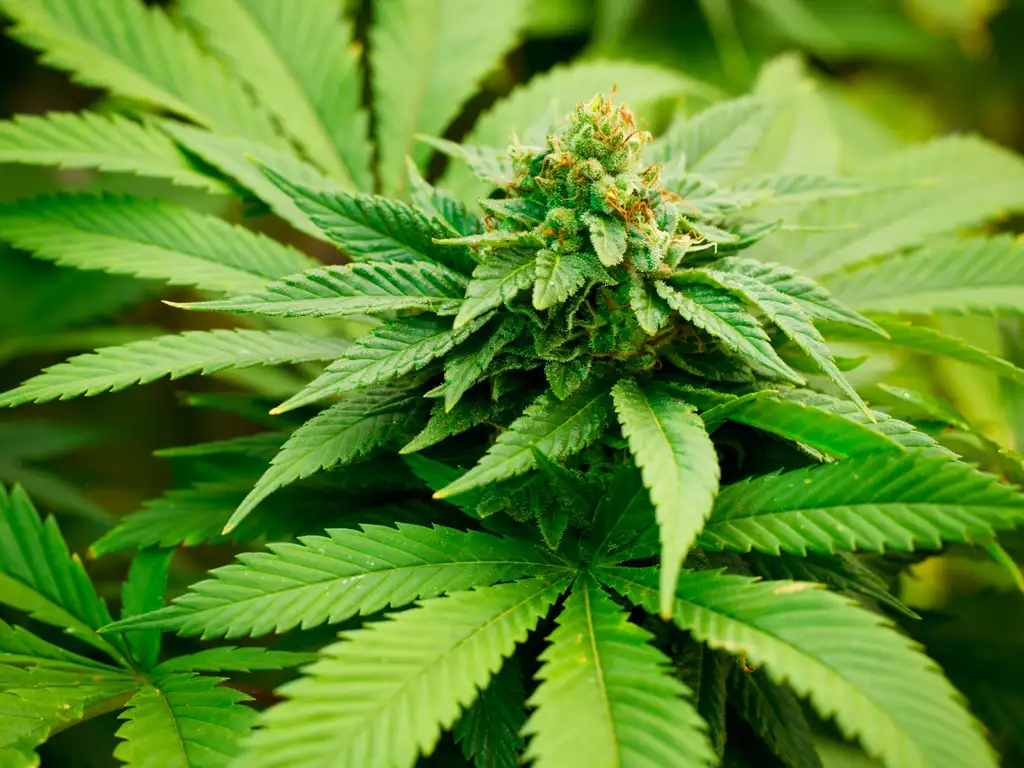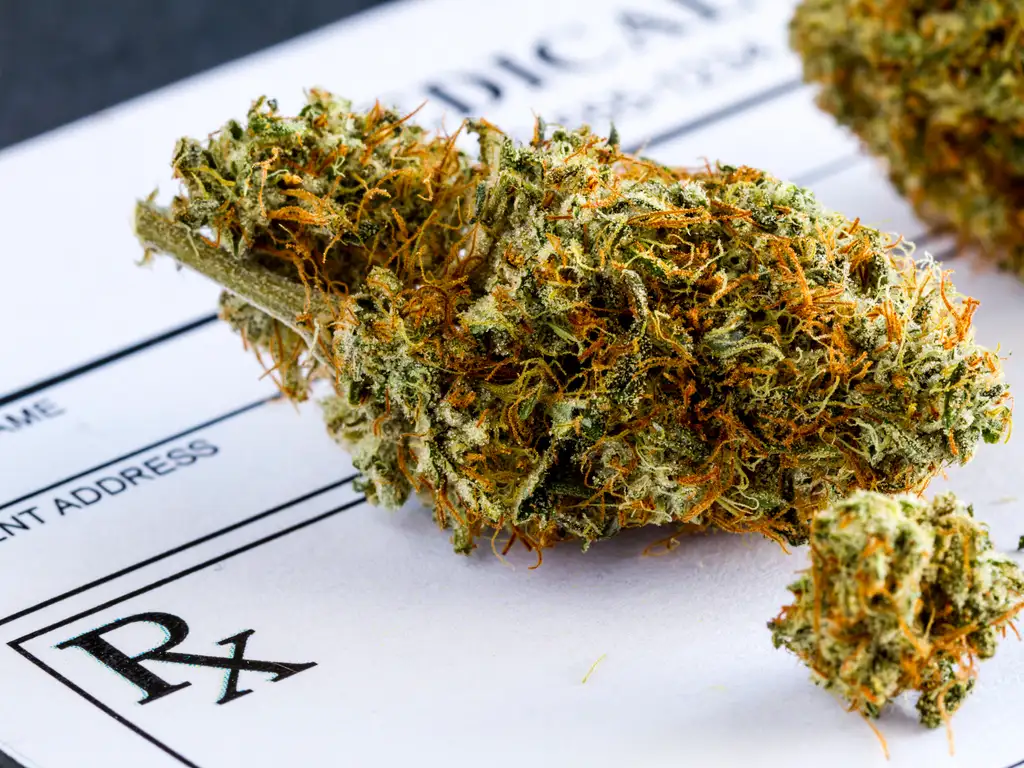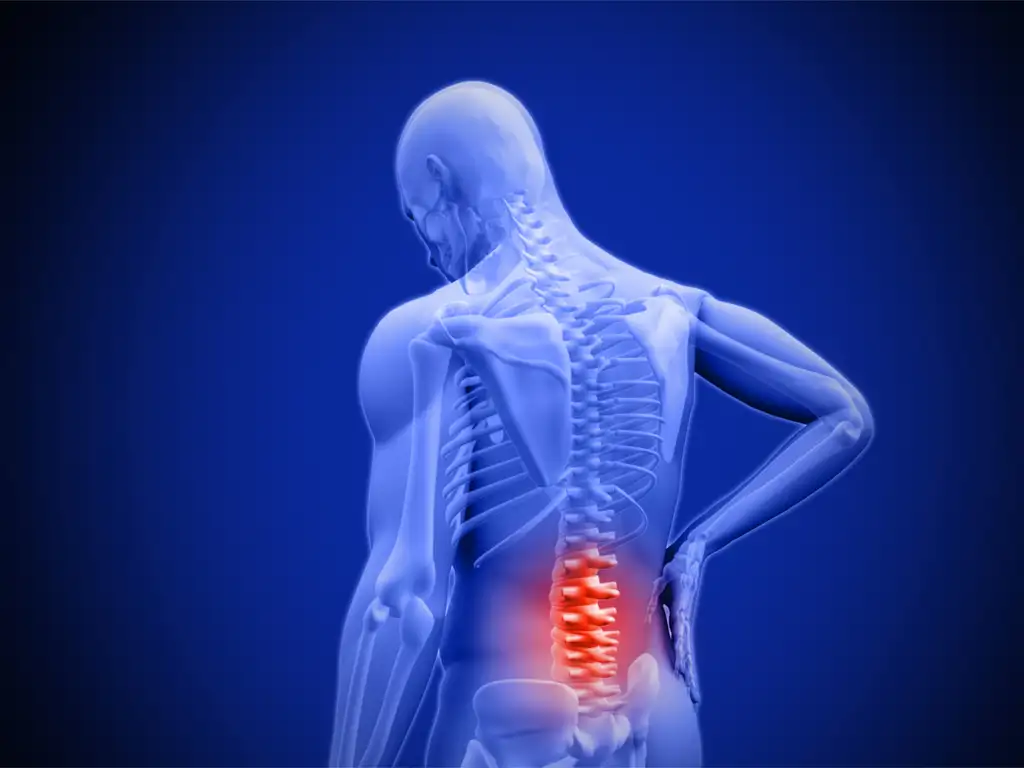
Have you ever wondered about the differences between Delta-8 and Delta-9 THC? As the cannabis industry continues to grow, it’s essential to understand these two cannabinoids and their effects on our bodies. In this blog post, we’ll dive deep into the world of delta 8 vs delta 9, exploring their chemical structures, legal status, medical uses, and potential risks and benefits.
Short Summary
- Understanding hemp plants vs cannabis plants
- Delta 8 and Delta 9 THC have similar effects, but different chemical structures.
- It’s important to understand the nuances of Delta-8 THC including its legal status and extraction process for potential health benefits.
- Be aware of the risks associated with using either type of THC, as they can both lead to abuse or addiction if not used responsibly.
- Currently in Florida both are legal
Hemp Plants vs Cannabis Plants
Hemp and marijuana belong to the same species, Cannabis sativa, and the two cannabis plants appear very much alike.
What is the Difference Between Hemp and Marijuana?
The difference between hemp and marijuana is the psychoactive component. Tetrahydrocannabinol, also known as THC. In hemp, THC has 0.3% or less. So, hemp-derived products do not have enough THC to create the “high” or “loaded” sensation that comes from marijuana.
CBD and THC are both found in cannabis plants and are referred to as “cannabinoids”.
Marijuana, has CBD and THC. However, the percent of THC is higher than from hemp.
Understanding Delta-8 THC
Delta-8 THC is a cannabinoid found through hemp derived from the cannabis sativa plant. Although it’s not as potent as its well-known cousin, Delta-9 THC, it still packs a punch when it comes to potential intoxicating effects both good and bad.
“Delta-8-THC came to market largely after the Farm Bill and everyone was saying, ‘We don’t know anything about this.’ As researchers, if the challenge is ’we don’t know enough about this,’ the answer is ‘well, let’s study it’ because all policies should be informed by empirical evidence.” Daniel Kruger
However, it’s essential to understand the nuances of this cannabinoid, including its chemical synthesis process and legal status in the United States, especially in Florida.
Chemical Synthesis Process
Delta-8 THC is typically synthesized from CBD, the non-intoxicating cannabinoid, due to its low natural concentration in hemp plants. The process involves a ring closure reaction, which requires harsh reaction conditions, with the basic equation being “CBD + acid + time = delta-8 THC”. This method of synthesis has sparked some concerns about the use of potentially harmful chemicals, making it crucial to be aware of the extraction process when consuming Delta-8 THC products.
The reason behind synthesizing Delta-8 THC from CBD lies in its low natural occurrence within the cannabis plant. By extracting and purifying CBD from cannabis, manufacturers can create a wide range of Delta-8 THC products, making it more accessible and versatile for consumers.
Legal status
When it comes to legality, Delta-8 THC finds itself in a gray area. Although it is federally legal, it’s not legal in every state, with different laws and regulations applying. With the ever-changing landscape of cannabis laws, it’s crucial to stay informed about the legal status of Delta-8 THC in your area.
Is Delta-8 THC legal in Florida?
Yes. Delta 8 THC is legal in Florida.
Delta 8 THC is legal to use, possess, sell, distribute, and produce within the state of Florida. From local gas stations to grocery stores, you can purchase Delta 8 THC products without medical authorization.
The 2018 Farm Bill known as the U.S. Agriculture Improvement Act created a legal loophole for the sale of hemp-derived Delta-8-THC whereas at that time the medical use of cannabis containing delta-9-THC required a medical authorization.
It’s important to research the legal status of Delta-8 THC in your area.
Understanding Delta-9 THC
Delta-9 THC is the main psychoactive compound found in cannabis, responsible for the infamous ‘high’ effect. Although it has gained notoriety for its recreational uses, Delta-9 THC also holds potential benefits for various medical conditions, such as nausea and vomiting due to chemotherapy, seizure disorders, and autoimmune diseases like multiple sclerosis and colitis.
Delta-9 THC has not been approved by the FDA for ailments such as pain, sleep, sleep disorders, fibromyalgia and autoimmune diseases. This has led people to self medicate and cause problems both medically and emotionally.
Medical Use
Delta-9 THC has shown promise in providing symptom relief for a variety of medical conditions, including chemotherapy-induced nausea, multiple sclerosis, seizures, sleep disorders, anxiety, depression, and PTSD. Research has indicated that Delta-9 THC may help alleviate chronic pain, reduce inflammation, and even improve sleep patterns in people with other chronic conditions.
While some studies show improvements in sleep patterns with Delta-9 THC, others suggest that chronic use can disrupt sleep and delay sleep onset. So, it’s essential to consider both the potential benefits and risks when using Delta-9 THC.
Legal Status
Delta-9 THC remains illegal at the federal level. However, it is technically legal due to several states choosing to have it legalized it for medical and recreational use, with varying regulations regarding testing, extracting, and labeling.
Is Delta 9 THC Legal in Florida?
Yes. A hemp plant containing less than 0.3% of Delta 9 THC by weight will comply with the 2018 federal Farm Bill. The Farm Bill set the standard on how much THC can be typically manufactured in a product sold. Because the Farm Bill focuses explicitly on Delta 9 and not Delta 8 or Delta 10 it created a legal loophole.
This legal loophole has Delta 8 and Delta 10 products in a gray area.
It’s vital to stay informed about the legal status of Delta-9 THC in your area.
Comparing Effects: Delta-8 vs Delta-9 THC
Now that we have a basic understanding of Delta-8 and Delta-9 THC, let’s dive into a comparison of their effects. While both cannabinoids interact with the body’s CB1 and CB2 receptors, their slightly different chemical structures may result in distinct experiences.
In the following subsections, we’ll explore how these two cannabinoids compare in terms of relieving pain, anxiety, panic attacks, and paranoia.
Relief from Pain
Both Delta-8 and Delta-9 THC have been reported to provide relief from pain. Delta-8 THC and Delta-9 THC both have side effects. Side effects vary based on amount and how often used. Misuse can lead to abuse, which can end in an unwanted addiction.
Anxiety, Panic Attacks and Paranoia
One notable difference between Delta-8 and Delta-9 THC is the level of anxiety, and paranoia associated with their use. Delta-8 THC has been reported to cause low levels of anxiety and paranoia compared to Delta-9 THC.
Consumption Methods and Safety
As we continue to explore the world of Delta-8 and Delta-9 THC, it’s important to consider the various consumption methods and safety concerns associated with these cannabinoids. From oral to intravenous administration and the potential presence of harmful chemicals, understanding the best practices for consuming Delta-8 and Delta-9 THC is crucial for ensuring a safe and enjoyable experience.
It is important to research the various consumption methods and safety concerns associated with these cannabinoids before consuming them.
Oral and Intravenous Administration
Delta-8 and Delta-9 THC can be consumed through a variety of methods, such as edibles, topicals, smoking, and vaping. Each method offers its own unique set of advantages and disadvantages. For example, oral administration, which includes tinctures, edibles, and capsules, is generally considered safer and more convenient, providing consistent and predictable effects.
On the other hand, intravenous administration, which includes smoking and vaping, offers a quicker onset of effects but may come with additional risks.
Potentially Harmful Chemicals
Safety concerns surrounding the synthesis of Delta-8 THC have been raised due to the potential use of harmful chemicals during the process of extraction. Contaminants such as heavy metals, pesticides, mold, residual chemicals, and olivetol, a precursor of THC, may be present in Delta-8 THC products due to the manufacturing process.
It’s crucial for consumers to be aware of these potential risks and choose products that have been thoroughly tested and verified for safety and quality.
Public Health Behavior
As we’ve explored the world of Delta-8 and Delta-9 THC, it’s clear that both cannabinoids offer potential benefits. However, it’s essential to consider the impact of these cannabinoids on community health and overall well-being.
In this section, we’ll examine Delta-8 and Delta-9 THC on public health and their role in promoting health, behavior, and their adverse effects of the community.
Medical Cannabis
Both Delta-8 and Delta-9 THC have shown potential as alternative treatment options for various medical conditions. From pain relief to anti-nausea effects, these cannabinoids offer a range of potential alternatives for patients seeking relief from their symptoms. Moreover, Delta-8 THC has been reported to provide similar benefits to Delta-9 THC with fewer risks and adverse effects, making it an attractive option for individuals who are sensitive to the side effects of Delta-9 THC.
However, it’s important to note that more research is needed to fully understand the potential of Delta-8 and Delta-9 THC. With continued research and education, we can better understand the medical applications of these cannabinoids and their role in the health and well-being of those using them.
Community Health
The potential public health impact of Delta-8 THC and Delta-9 THC risks and adverse effects cannot be overlooked. By providing a safer alternative for those seeking options from of cannabis, Delta-8 THC may play a role in improving options for community health.
However, it’s essential to continue monitoring the use of Delta-8 THC and its potential risks to ensure that its benefits outweigh any potential harm.
Delta-8 THC in the Cannabis Industry
The rise of Delta-8 THC has led to increased interest in its potential applications, from research to product development. In this section, we will explore the role of psychoactive effects of Delta-8 THC in research and the development of various products from hemp and cannabis plants.
Cannabis Research
As interest in Delta-8 THC continues to grow, so does the need for more research to fully understand its effects and potential benefits. By studying Delta-8 THC and its interaction with the human body, researchers can better understand its potential therapeutic applications and any risks associated with its use.
With more research, the full potential of Delta-8 THC and will offer a way to develop safer, more effective products for consumers.
Cannabis Products
Delta-8 THC is popular in the cannabis industry, with a variety of products available on the market, including tinctures, edibles, vape cartridges, and more. This growing popularity highlights the demand for alternative cannabinoids that offer the benefits of traditional cannabis products with fewer risks and side effects.
As the cannabis industry continues to evolve, it’s likely that we’ll see even more innovative Delta-8 THC products emerge, offering consumers new ways to experience the benefits of this fascinating cannabinoid.
Drug Testing: Will Delta-8 Show Up?
A common concern for individuals using cannabinoids like Delta-8 THC is whether they will show up on drug tests. While Delta-9 THC is often the primary focus of drug tests, it’s essential to understand how Delta-8 THC may be detected and the implications for those who use it.
Drug tests typically look for the presence of Delta-9 THC, the primary psychoactive component.
Hyperemesis Syndrome
As we’ve discussed the potential benefits and risks of Delta 8 and Delta-9 THC, it’s important to address the potential link between Delta 8 and Delta-9 THC and cannabinoid hyperemesis syndrome (CHS).
CHS is a medical condition characterized by severe nausea and vomiting, often associated with long-term, regular cannabis use.
A case study in the National Library of Medicine dealt with a 29 yo male in the emergency room. The summary of the study explains 3 important issues:
- Cannabinoid hyperemesis syndrome is a diagnosis of exclusion that is characterized by episodes of persistent vomiting in chronic users of marijuana.
- Patients will report obtaining some relief through the practice of prolonged or repeated hot bathing.
- Treatment of these patients in the emergency department includes correcting metabolic derangements, reversing volume depletion, providing antiemetics, and counseling patients to cease Delta-9-tetrahydrocannabinol consumption. Accepting that regular Delta-9-tetrahydrocannabinol consumption is the cause of their plight will be difficult for many patients with cannabinoid hyperemesis syndrome.
FDA Notified the Public About Delta-8 THC
Both Delta 8 and Delta-9 THC, despite possible benefits, carries a risk for abuse and addiction.
Concentrated amounts of THC products often creates problems. Recreational use of edibles can offer medical benefits other cannabinoids cannot.
Many believe that any drug that is naturally occurring from cannabis plants is good.
Public health officials are at odds about what to do about the legality in each state, however the FDA has 5 warnings against Delta 8.
It is important for consumers to be aware that delta-8 THC products have not been evaluated or approved by the FDA for safe use in any context. They may be marketed in ways that put the public health at risk and should especially be kept out of reach of children and pets.
- Delta-8 THC products have not been evaluated or approved by the FDA for safe use and may be marketed in ways that put public health at risk
- The FDA has received adverse event reports involving delta-8 THC-containing products.
- Delta-8 THC has psychoactive and intoxicating effects.
- Delta-8 THC products often involve use of potentially harmful chemicals to create the concentrations of delta-8 THC claimed in the marketplace.
- Delta-8 THC products should be kept out of the reach of children and pets.
Finding Help for Addiction at Turning Point of Tampa
When it comes to addressing addiction to Delta 8, Delta-9 THC or other substances, finding the right help and support is crucial.
Located in Tampa Florida, Turning Point continues to help those who want a life free from addition. Offering detoxification, residential, and outpatient programming, people throughout Florida, and the United States, land at Turning Point for help.
The actual drug or brand of alcohol is irrelevant when the substance is causing problems in a persons daily life. If you or a loved one are considering a clean and sober lifestyle, we are ready to assist.
As an in-network facility, many of our patients utilize their medical insurance. Our medical and clinical staff are excellant.
Reach out when you are ready, know you not alone. There is help!
Summary
In conclusion, both Delta-8 and Delta-9 THC offer potential therapeutic benefits for various medical conditions, but they also come with their unique risks and challenges. By understanding the nuances between these two cannabinoids, their legal status, consumption methods, and safety concerns, individuals can make informed decisions about their use.
As the landscape of cannabis laws and research continues to evolve, staying informed about these cannabinoids and their potential impact on public health is essential. Ultimately, the key to safely enjoying unlocking the benefits of Delta-8 and Delta-9 THC lies in education, awareness, and responsible use.
Frequently Asked Questions
What are the Bills in Florida to Limit Delta-8?
State Senator Colleen Burton of Lakeland and state representative Will Robinson of Manatee County, who introduced the bills SB 1676 and HB 1475 are hoping their measures will close the loophole that allowed intoxicating beverages and foods containing cannabinoids to be sold freely in Florida.
The legislation is being backed by Florida Commissioner of Agriculture Wilton Simpson.
Bill SB 1676 was signed by Governor Ron DeSantis. This act shall take effect July 1, 2023.
Is Delta-9 safer than Delta-8?
Delta-9 THC has regulations, making it a safer option than Delta-8, which is not subject to the same regulations and carries the risk of including unknown or harmful ingredients.
How Can Delta-8 THC be used for pain relief?
Delta-8 THC has been known to provide pain relief and anti-inflammatory effects, making it a viable option for those suffering from chronic pain.
It has been found to be more potent than Delta-9 THC, the most common form of THC found in cannabis, and is known to produce a milder, more calming effect.
However, since they have not been approved by the FDA, many in the medical community or awaiting empirical data before promoting or supporting their use.
Is Delta-8 THC legal in all states?
Delta-8 THC is is approved by federal law so is federally legal, but its legality differs from state to state, so it’s important to stay informed about the laws in your area.
It’s important to research the laws in your area before purchasing or consuming Delta-8 THC products. Knowing the legal status of Delta-8 THC in your state can help you make informed decisions and avoid any legal issues.
Sources:
https://msutoday.msu.edu/news/2021/cbd-marijuana-and-hemp
https://www.buffalo.edu/news/releases/2022/01/009.html
https://www.forbes.com/health/body/delta-8-vs-delta-9/
https://www.healthline.com/health/delta-8-vs-delta-9-vs-delta-10
https://jcannabisresearch.biomedcentral.com/articles/10.1186/s42238-021-00115-8
Cheung E, Ng C, Foote J. A hot mess: a case of hyperemesis. Can Fam Physician. 2014 Jul;60(7):633-7. PMID: 25022636; PMCID: PMC4096262.
https://www.sciencedirect.com/science/article/abs/pii/S0955395921004758
https://www.liebertpub.com/doi/10.1089/can.2021.0124
https://www.brookings.edu/articles/the-farm-bill-hemp-and-cbd-explainer/
https://www.miaminewtimes.com/marijuana/delta-8-products-on-the-chopping-block-in-florida-16623849






